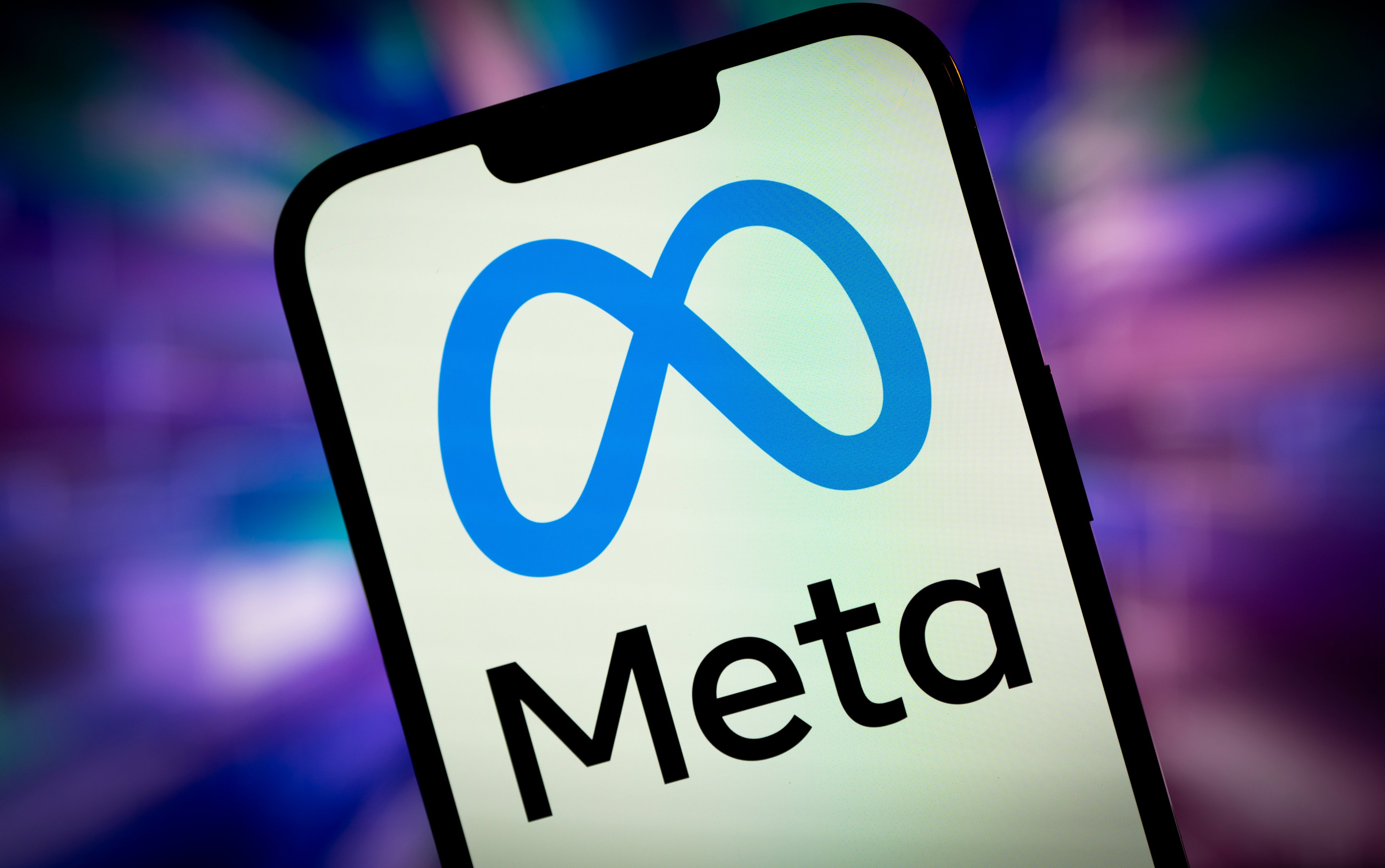Love Facebook (FB +1.77%) or hate it, the company is a ubiquitous presence. But the fundamental idea its model is based on -- that the digitally interconnected virtual world it generates is a positive thing -- is getting harder to swallow.
To a harsh new degree, people are questioning the company, top executives Mark Zuckerberg and Sheryl Sandberg, and the way they've operated in recent years. All of which leads MarketFoolery host Chris Hill to ask analysts Jason Moser and Taylor Muckerman where they see Facebook headed -- and, with its share price far below recent peaks, whether they think it's a good buy today.
A full transcript follows the video.
This video was recorded on Nov. 19, 2018.
Chris Hill: Let's start with Facebook. Facebook over the last week has become more and more interesting as we have these articles coming out in The New York Times last week, we've got various op eds coming out. We were talking right before we started taping, Jason, it really seems like the curtain is being pulled back on particularly the executive suite at Facebook, as we have these reports of, "Here's what they knew, and here's when they knew it." There are definitely some competitors, and probably some investors out there, who smell blood in the water.
Jason Moser: Yeah, I would imagine. I certainly look at Facebook, from an investor's perspective, as a company where I've certainly changed my tune on leadership significantly. For a long time, I felt like Mark Zuckerberg and Sheryl Sandberg were a dynamic duo that really had a good idea of where they wanted to take the business, how they were going to get there. On the calls, they were always on point, painted a very good picture of a long-term strategy there. Not just based on these articles that are out during this news cycle right now, but just based generally on what we're coming to find out about the company, and what we know about Facebook in general, and what social networking is doing to society on the whole ... I've lost all confidence in this leadership team completely. I trust them zero. Not at all. And Facebook was not a company I was ever going to own anyway, it's just not something I'm a fan of. It's a pure advertising play. I get it. If I'm going to invest in advertising, I would rather own Alphabet. But for Facebook, it just seems like this dream of a more connected world being some sort of utopia has been flattened on its ass so severely here in 2018. It's very hard for me take a step back here and understand exactly how they change the narrative to get back toward this "the connected world is such a good idea." I think what it does ultimately, it exposes how we just fall back into tribalism. Everybody just falls back to what they really want to believe in anyway! I don't know.
Taylor Muckerman: Yeah, and they prey on that. Engagement is the #1 metric that these companies like Facebook are gearing toward. They're great at keeping you on the site. But if things like this keep coming out, to where you don't ever want to go back to the site, that's the end of their business model, in my mind. They do all the marketing for other companies to leave the site of Facebook. Where do you see advertisements to go to Facebook? Unless it's in your mind, you don't go to Facebook. I think with things like this popping out -- and Jason's right, I'm on the same page of social media and the engineering of people's attention, and only giving you articles that they think you're going to believe in -- I think that's moving in the wrong direction. We're such a far cry away from Sandberg being discussed as a potential presidential candidate in 2020 or 2024. And now, you see the struggles behind the scenes here at Facebook.
Hill: You look at shares of Facebook over the summer, getting close to $220 a share. Now, it's down in the $130s. It's basically down 40% from its high. I'm glad you mentioned that, Taylor. One of the most striking things to me over the past week has been -- I don't know if there's a rift between Sheryl Sandberg and Mark Zuckerberg, but it certainly seems like the spotlight is on the two of them in a way that it really hasn't been before. When I think about this business, and I think about Thanksgiving later this week, one of the things I'm interested to talk to younger people in my family about is Instagram -- to what extent they are using it, dropping it, all that sort of thing.
When we talk about things within a company that are rising and falling, we first and foremost look at the numbers. When I look at Facebook, when I think about what's rising, it has nothing to do with numbers. It's the drama of the company and it's the scrutiny on the company.
Moser: I'm going to have to hold my nose when I say this. Ultimately, I do think that from an investor's perspective -- and that's our angle here, of course -- you're pretty hard pressed to look at Facebook from today's levels and see it as a bad investment opportunity. Again, I'm not going to be going out and buying shares myself. I just don't like the company, don't like the leadership. But you don't amass a user base of that size on accident. They, better or worse, have figured out a way to connect billions of people on this planet. And they've got a number of different ways that they do it. We talk about Facebook proper having maybe hit its peak moment. That may be. We're certainly seeing more advertisers going over to Instagram. But you still have Instagram, you have WhatsApp, you have Messenger, you have a lot of different ways the business can still make money.
You have to resort back to human behavior. And I think, generally speaking, people are narcissists. That probably sounds bad to say, but the fact of the matter is, there are a lot of people that like getting out there and showing you what they had for lunch. I'm not sure why. They feel like it's important.
Hill: Hey, sometimes lunch is delicious.
Moser: It is. I get it. I know, I understand. I don't think that's going to stop. I also think there are so many people where their behavior is already ingrained, and that Facebook and its properties are part of their everyday life and communicating in one form or another. So, I don't think you're going to see meaningful disruptions to the network. You may see meaningful disruptions to leadership. And I wouldn't be surprised at all to see Sandberg say, "You know what? I'm out." I think Zuckerberg needs her more than she needs him.
Hill: Yeah. For her to come on in 2008 and completely turn that business into a revenue and eventually profit-generating machine ... I don't think Zuckerberg was doing that on his own.
Moser: Politically, with Google, she has a lot of different ways that she can go about her future. And obviously, he's tied to this business. I think if you're an investor, you probably have to be looking at Facebook and thinking, this might be actually a pretty good opportunity. You just have to be aware of what's in store. You have to know your line, as to whether this is the type of company that you want to own.






